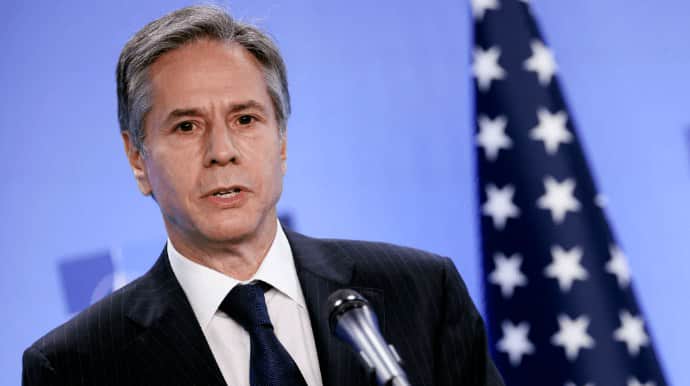Bank of London shakes up City advisers after row with taxman
The Bank of London launched an emergency effort to contain the controversy surrounding the fintech over the weekend as it was hit with a winding-up petition over unpaid taxes shortly after its chief executive stepped down.


The Bank of London launched an emergency effort to contain the controversy surrounding the fintech over the weekend as it was hit with a winding-up petition over unpaid taxes shortly after its chief executive stepped down.
The challenger clearing bank, which counts Peter Mandelson among its board members, called in financial communications heavyweight H/Advisors Maitland to handle the bulk of its public relations, abruptly replacing Sodali – formerly known as Powerscourt.
The PR switch came shortly after City A.M. revealed that HMRC had slapped the bank’s holding company with a winding-up petition last Thursday, two days after its founder Anthony Watson stepped down as chief executive to become a “senior adviser”.
As news outlets began covering the bank’s tax affairs, the firm announced on Sunday it had raised £42m from existing investors in an “oversubscribed” funding round last month led by Mangrove Capital, which is run by Bank of London Group board member Mark Tluszcz.
One source said these investors played a role in the shake-up of its advisory team. Maitland declined to comment on its appointment.
Sodali also declined to comment. It is understood to still be retained by The Bank of London.
The bank was facing fresh questions over the state of its balance sheet on Monday after it emerged the firm had tapped investors for an “immediate” injection of regulatory capital earlier this summer, according to the Financial Times.
The Bank of London declined to comment on the matter. A source close to the bank called the issue “historical”.
Sunday’s press release also included financial metrics celebrating The Bank of London surpassing £500m in customer deposits in August, which it claimed had “more than doubled since the start of the year”.
However, a previous release circulated at the end of August 2023 claimed the bank had reached £310m in deposits since it recruited its first client that April, earning it the title of “the UK’s fastest-growing challenger bank ever”.
Together, the two announcements suggest The Bank of London’s deposits fell at least 19 per cent, or nearly a fifth, to below £250m over the course of roughly four months. Sunday’s announcement claimed the bank was on track to hit £1bn in deposits by the end of 2024.
The bank declined to comment on the deposit figures. A source close to the firm claimed the numbers showed the “normal ebbs and flows” of a fast-growing start-up.
Brush with regulators
City A.M. understands that the holding company’s board of directors, including Labour party grandee Peter Mandelson and private equity executive Harvey Schwartz, were unaware of its debts to HMRC.
The Bank of England’s Prudential Regulation Authority, which authorises the regulated bank, met with the holding company’s board to discuss governance issues on Sunday, it is understood. The BoE declined to comment.
In a July presentation to potential investors, The Bank of London reportedly said it had an “immediate funding requirement” for £3.5m by 9 August and an extra £15m by 31 August to meet regulatory capital requirements.
The presentation was said to have projected monthly profitability for the bank by August 2025 and that it would earn more than £1bn in income by 2030, from £11m in 2024.
The Bank of London launched to much fanfare in 2021 as the UK’s second new clearing bank in 250 years, following the launch of rival start-up ClearBank in 2017.
Watson is a former Barclays executive and LGBT campaigner. A Labour donor, he previously led the party’s “business and enterprise advisory council” during its time in opposition.
The bank was valued at $1.1bn in February 2023. It claims to have amassed more than 4,500 business customers since it started trading last April.
In its latest accounts, the bank said pretax losses widened to £41.8m in 2022, from £15.7m in 2021 – driven by technology spending and a hiring spree that saw it add more than 100 staff.



